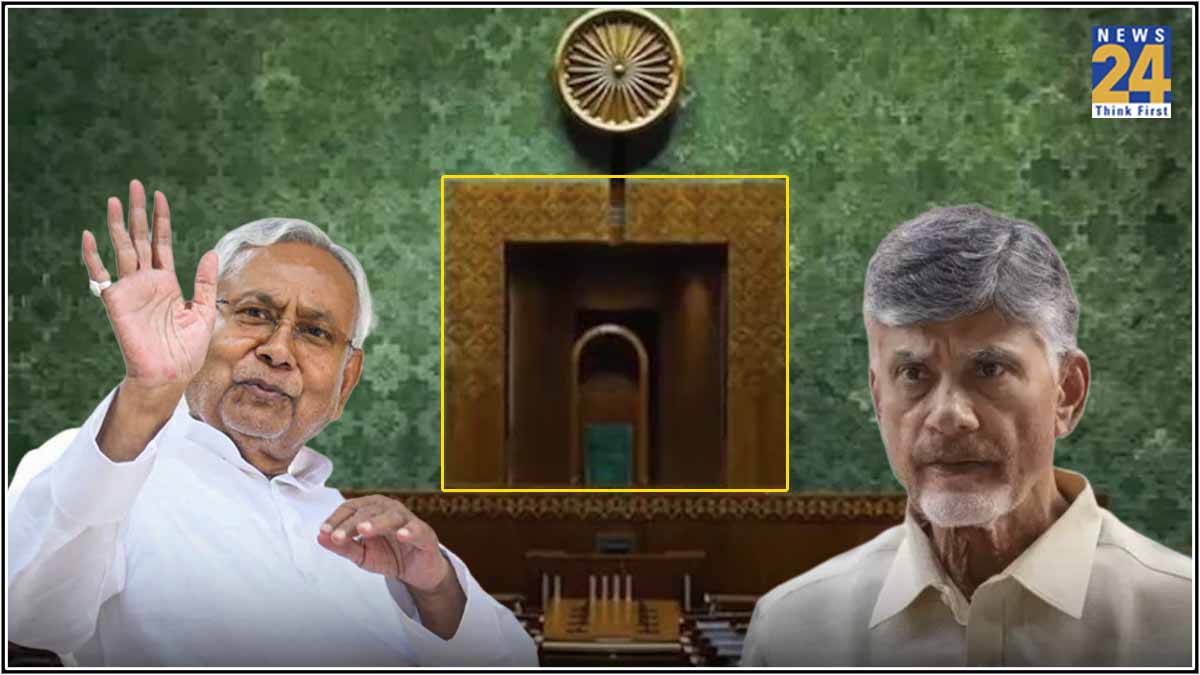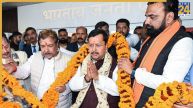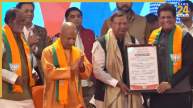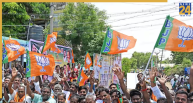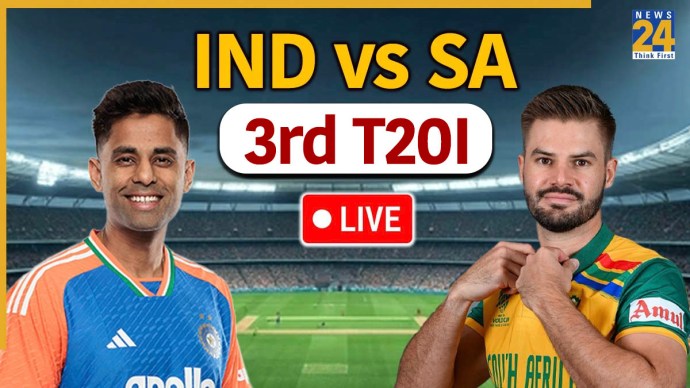The BJP may have anticipated a smooth journey akin to its victories in 2014 and 2019, securing a majority independently in Lok Sabha elections. However, the 2024 outcome suggests a need for strategy recalibration. With the BJP falling short of the 272-mark in the Lower House, the role of its allies becomes pivotal, not only in government formation but also in governance.
Key to the BJP-led National Democratic Alliance (NDA) 3.0 are two parties: Chandrababu Naidu’s TDP, securing 16 seats, and Nitish Kumar’s JD(U), securing 12 seats. Media reports suggest intense lobbying from both parties for influential positions, notably the Lok Sabha Speaker’s role. Historical precedent, such as TDP’s GMC Balayogi serving as Speaker during former PM Atal Bihari Vajpayee’s coalition government in the 1990s, is cited as justification.
The prevailing notion is that such appointments safeguard partners against potential future rifts. The Speaker’s role holds significant sway, particularly in proving majority on the House floor or enforcing the anti-defection law. In the event of disputes within the House, the Speaker’s verdict holds ultimate authority. TDP, with experience in past coalition governments, recognizes the pivotal importance of the Speaker’s position.
What is the process for selecting the Speaker?
The Speaker is typically chosen during the initial gathering of Lok Sabha members. Before the selection of the Speaker, an MP, typically the most senior member, is appointed as the pro-tem speaker, serving temporarily. The pro-tem speaker oversees the initial sessions of the new house, administers oaths to new MPs, and facilitates the election of the Speaker and Deputy Speaker.
What are the powers of the Speaker?
As the head of the Lok Sabha, the Speaker serves as the chief representative of the house. Responsible for maintaining order and decorum, the Speaker holds the authority to adjourn or suspend House proceedings in cases of misconduct. Furthermore, the Speaker serves as the ultimate interpreter of the Constitution of India and the Rules of Procedure and Conduct of Business of Lok Sabha.
The Speaker also adjudicates matters related to member disqualification, particularly regarding defection under the Tenth Schedule, empowered by the 52nd Amendment. However, the Supreme Court’s 1992 ruling established that the Speaker’s decisions are subject to judicial review.
In instances of defections, the Speaker’s role holds significant weight, often beyond the jurisdiction of the Supreme Court. Notably, allegations surfaced last year regarding Maharashtra Assembly Speaker Rahul Narwekar’s alleged bias in disqualification proceedings. Nevertheless, the Supreme Court granted the Speaker the final opportunity to adjudicate on anti-defection proceedings against Eknath Shine and his MLAs, who had separated from the Uddhav Thackeray faction.
In Lok Sabha scenarios where a single party secures a majority, the Speaker’s role tends to be largely ceremonial. Traditionally, the Speaker’s post is awarded to the ruling alliance, while the Deputy Speaker’s position is filled by an Opposition party member. However, such allocation is not mandated by any formal rule, as evidenced by the vacant Deputy Speaker position in the 17th Lok Sabha.
Notable Speakers in Lok Sabha History
- G. V. Mavalankar, representing the INC, served as the inaugural Speaker of independent India’s first Lok Sabha.
- Neelam Sanjiva Reddy, from the Janata Party, made history as the first non-Congress Speaker in Lok Sabha, with a tenure lasting 109 days.
- Balram Jakhar, affiliated with INC(I), holds the record for the longest tenure as Speaker, spanning 9 years and 329 days across the 7th and 8th Lok Sabha terms.
- GMC Balayogi, representing TDP, served as Speaker during Prime Minister Atal Bihari Vajpayee’s tenure, marking the first instance of a Dalit Speaker in Lok Sabha, with a term lasting 3 years and 342 days in the 12th Lok Sabha.
- Somnath Chatterjee, representing CPI(M), served as Speaker for five years during the 14th Lok Sabha term, notably maintaining non-partisanship during the 2008 withdrawal of CPI(M) from the UPA-led government over the Indo-US Nuclear deal. Chatterjee’s refusal to resign led to his expulsion from the party, and even at his funeral, the acrimony persisted as CPI(M) members were asked to leave, and his body was not draped in the party’s flag as requested by his family.

